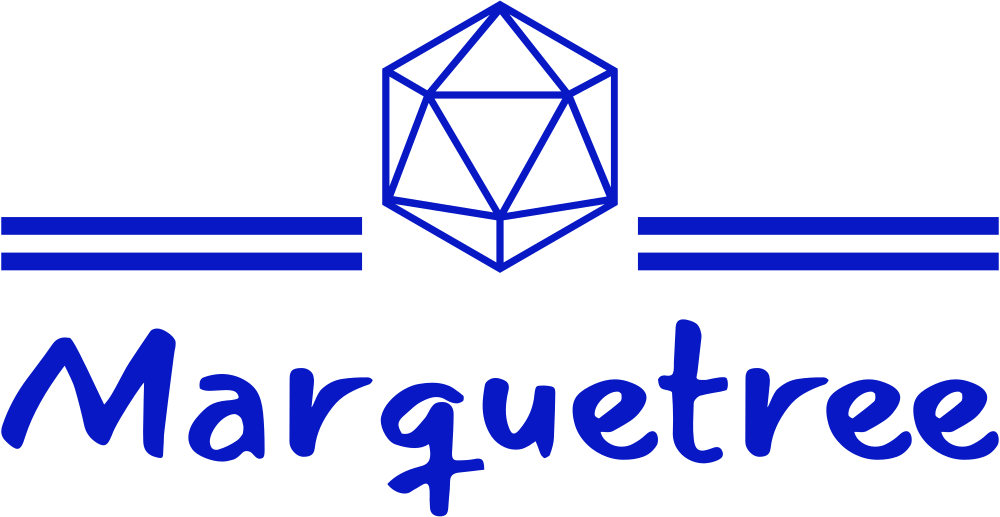Feedback is a crucial component in the learning process, serving as a bridge between instruction and understanding. It guides learners in reflecting upon their current level of understanding and skills, highlighting areas for improvement and reinforcing concepts that have been mastered. In this comprehensive blog, brought to you by QATopics, we explore the multifaceted role of feedback in learning, emphasizing its importance in enhancing student engagement, understanding, and overall academic growth.
Understanding the Nature of Feedback
Feedback in education refers to information given to students about their performance, with the aim of improving their learning. This can come from various sources, including teachers, peers, self-assessments, and even through digital platforms. Effective feedback is timely, specific, constructive, and focused on improvement rather than merely pointing out faults.
Enhancing Learning and Understanding
Feedback acts as a mirror, reflecting a student’s understanding and performance back to them. This reflection helps learners understand precisely where they stand in their educational journey. It clarifies misunderstandings, reinforces correct knowledge, and provides a roadmap for what needs to be learned and improved upon.
Motivating Students
One of the key roles of feedback is to motivate learners. Positive feedback encourages students and increases their engagement and interest in the subject matter. Constructive feedback, when given in a supportive manner, motivates students to close the gap between their current performance and the desired goals.
Promoting Self-Reflection and Responsibility
Effective feedback encourages self-reflection and responsibility in learners. It guides students to assess their own work and understand their learning processes. This self-reflective practice fosters independent learning skills and encourages students to take responsibility for their own educational progress.
Guiding Instructional Strategies
Feedback is not only beneficial for students but also for educators. It provides teachers with insights into how students are understanding and interacting with the material, guiding them in adjusting their teaching strategies. This ensures that instruction is responsive to the needs of each student, making the learning experience more effective and personalized.
Fostering a Growth Mindset
Constructive feedback plays a vital role in fostering a growth mindset among students. It emphasizes the idea that abilities and understanding can be developed through dedication and hard work. Feedback that focuses on effort, strategies, and progress rather than innate ability encourages students to adopt a growth mindset.
Improving Academic Performance
There is a strong correlation between effective feedback and improved academic performance. Feedback helps students identify their strengths and weaknesses, guiding them in focusing their efforts more efficiently. This targeted approach to learning often results in better academic outcomes.
Building Communication Skills
Feedback is a two-way process that involves giving and receiving information. Engaging in this process helps students develop essential communication skills. They learn to express their thoughts clearly, listen to feedback from others, and use this information constructively.
Preparing for Professional and Personal Life
The ability to give and receive feedback is crucial in professional and personal settings. The skills developed through feedback in the learning environment prepare students for future workplace dynamics, where feedback is a key component of performance improvement and professional development.
In conclusion, the role of feedback in learning cannot be overstated. It is a fundamental tool that enhances understanding, drives motivation, fosters a growth mindset, and prepares students for both academic and life challenges. As QATopics highlights, incorporating effective feedback strategies in educational settings is essential for nurturing engaged, reflective, and successful learners. Feedback, when utilized effectively, transforms the learning experience, making it more dynamic, personalized, and impactful.
